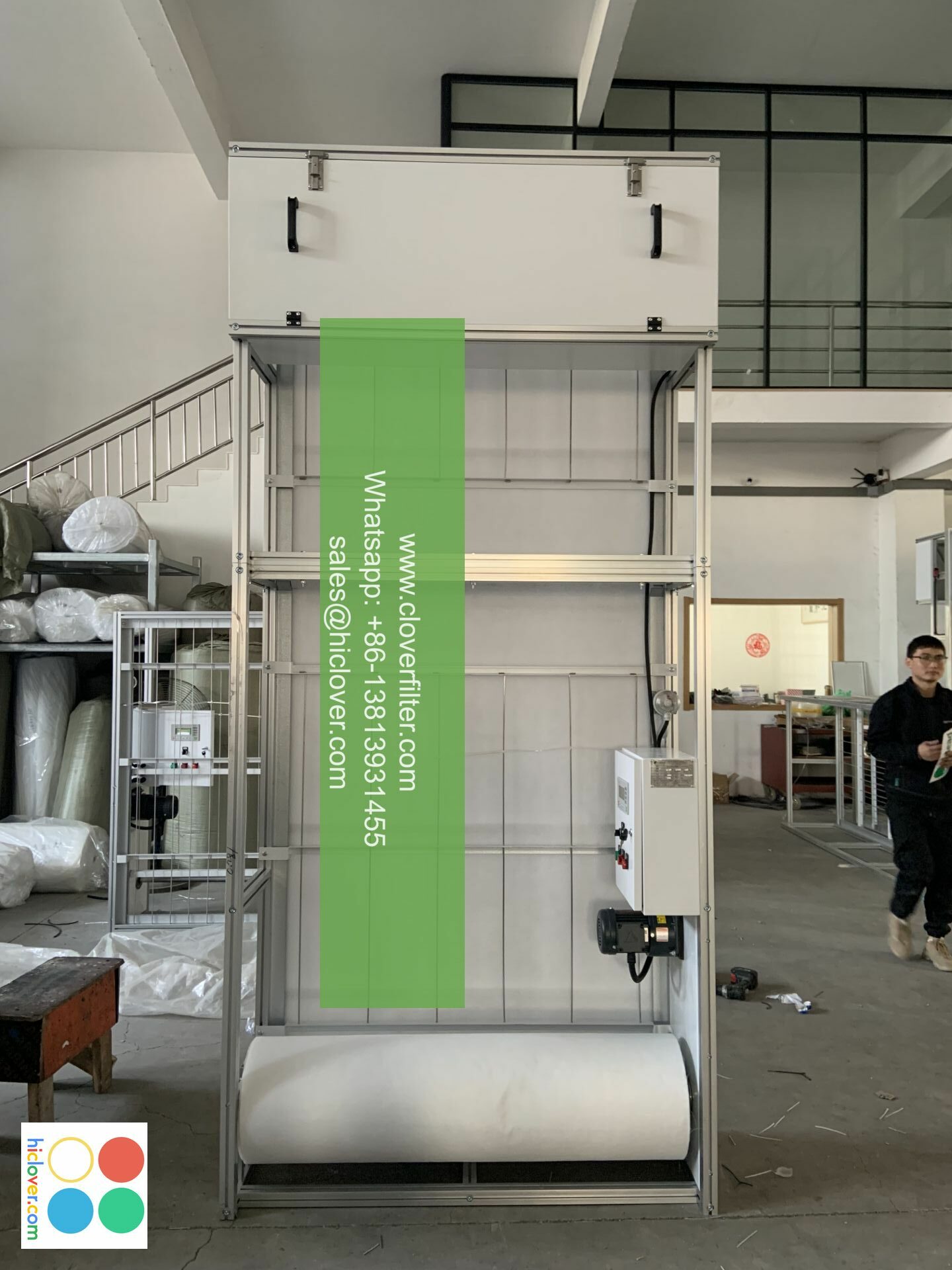Air Quality and Health

Air Quality and Health: The Silent Killer We Need to Address
The Invisible Menace
Air pollution is a silent killer that is silently affecting our health, our well-being, and our planet. The World Health Organization (WHO) estimates that 9 out of 10 people worldwide breathe polluted air, making it the leading environmental cause of death and disease. In this article, we will delve into the impact of air quality on our health and explore various applications where air quality monitoring and improvement can make a significant difference.
The Dangers of Poor Air Quality
Air pollution can cause a range of health issues, from mild respiratory problems to life-threatening diseases. The most vulnerable populations, such as children, the elderly, and those with pre-existing medical conditions, are at the greatest risk. Even healthy individuals can experience unpleasant symptoms like headaches, coughing, and shortness of breath.
The Hidden Costs of Air Pollution
The economic costs of air pollution are staggering. According to the American Cancer Society, the annual health costs of air pollution in the United States alone are estimated to be over $215 billion. The World Bank estimates that the cost of air pollution globally is around 4.5 trillion dollars per year.
The Benefits of Good Air Quality
On the other hand, good air quality has numerous benefits for both our health and the economy. Cleaner air can:
- Reduce Respiratory Disease: By reducing exposure to pollutants, we can decrease the incidence of respiratory diseases like asthma, chronic obstructive pulmonary disease (COPD), and lung cancer.
- Improve Cognitive Function: Better air quality has been linked to improved cognitive function, reduced risk of dementia, and enhanced brain development in children.
- Boost Productivity: Clean air can lead to increased productivity, better work performance, and reduced absenteeism.
- Save Healthcare Costs: By minimizing the need for medical treatment, good air quality can reduce healthcare costs and alleviate the burden on healthcare systems.
Applications for Improved Air Quality
The importance of air quality cannot be overstated. From urban planning to industrial operations, there are numerous applications where air quality monitoring and improvement can make a significant difference:
- Urban Planning: Incorporating green spaces, green walls, and green roofs in city design can help reduce air pollution and improve air quality.
- Industrial Operations: Implementing efficient pollution control technologies, such as filtering systems and scrubbers, can minimize emissions and improve air quality.
- Transportation: Electric or hybrid vehicles, pedestrian-friendly infrastructure, and promoting non-motorized transportation can reduce air pollution from transportation sources.
- Public Buildings and Hospitals: Implementing advanced air filtration systems, HEPA filters, and proper ventilation in public buildings and hospitals can create healthier indoor environments.
Conclusion
Air quality is a critical consideration for our health, well-being, and the environment. By understanding the dangers of poor air quality and the benefits of good air quality, we can work towards creating a cleaner, healthier, and more sustainable future. By applying air quality monitoring and improvement techniques in various sectors, we can reduce the burden of air pollution and promote a healthier, more productive society.
Key Takeaways:
- Air pollution is a leading environmental cause of death and disease worldwide.
- Good air quality can reduce respiratory disease, improve cognitive function, boost productivity, and save healthcare costs.
- Applications for improved air quality include urban planning, industrial operations, transportation, and public buildings and hospitals.
- By working together, we can create a healthier, more sustainable future through air quality monitoring and improvement.
I’m ready to assist you. What would you like to talk about or ask?

